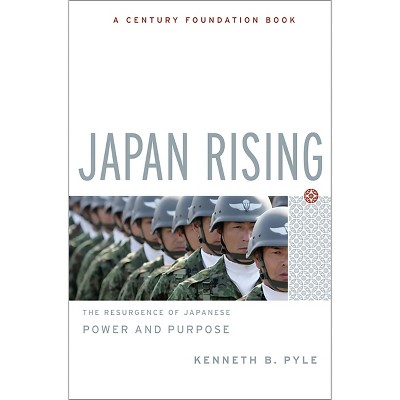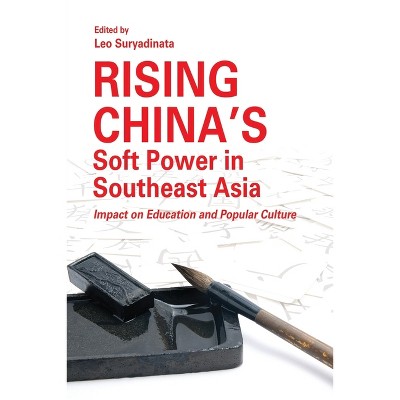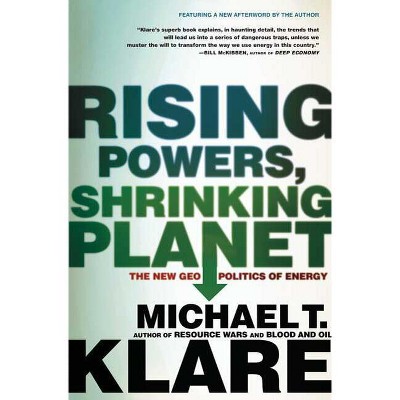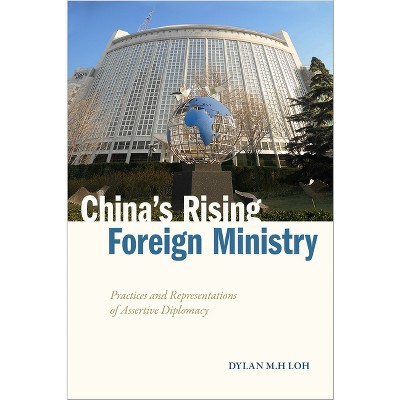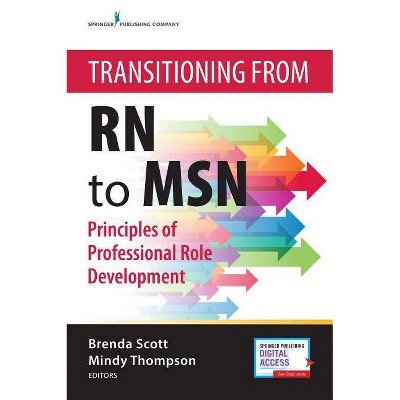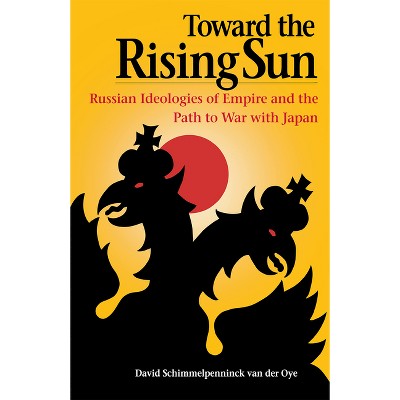$43.49 sale price when purchased online
$47.50 list price
Target Online store #3991
About this item
Highlights
- African Americans have a long history of active involvement and interest in international affairs, but their efforts have been largely ignored by scholars of American foreign policy.
- About the Author: Brenda Gayle Plummer, professor of history and Afro-American studies at the University of Wisconsin-Madison, is author of Haiti and the Great Powers and Haiti, the Psychological Moment.
- 442 Pages
- Political Science, International Relations
Description
About the Book
Rising Wind: Black Americans and U.S. Foreign Affairs, 1935-1960Book Synopsis
African Americans have a long history of active involvement and interest in international affairs, but their efforts have been largely ignored by scholars of American foreign policy. Gayle Plummer brings a new perspective to the study of twentieth-century American history with her analysis of black Americans' engagement with international issues, from the Italian invasion of Ethiopia in 1935 through the wave of African independence movements of the early 1960s.Plummer first examines how collective definitions of ethnic identity, race, and racism have influenced African American views on foreign affairs. She then probes specific developments in the international arena that galvanized the black community, including the rise of fascism, World War II, the emergence of human rights as a factor in international law, the Cold War, and the American civil rights movement, which had important foreign policy implications. However, she demonstrates that not all African Americans held the same views on particular issues and that a variety of considerations helped shape foreign affairs agendas within the black community just as in American society at large.
From the Back Cover
Brenda Gayle Plummer brings a new perspective to the study of twentieth-century American history with her analysis of black Americans' engagement with international issues, from the Italian invasion of Ethiopia in 1935 through the wave of African independence movements of the early 1960s. Plummer first examines how collective definitions of ethnic identity, race, and racism have influenced African American views on foreign affairs. She then probes specific developments in the international arena that galvanized the black community, including the rise of fascism, World War II, the emergence of human rights as a factor in international law, the Cold War, and the American civil rights movement, which had important foreign policy implications. However, she demonstrates that not all African Americans held the same views on particular issues and that a variety of considerations helped shape foreign affairs agendas within the black community just as in American society at large.About the Author
Brenda Gayle Plummer, professor of history and Afro-American studies at the University of Wisconsin-Madison, is author of Haiti and the Great Powers and Haiti, the Psychological Moment.Dimensions (Overall): 9.27 Inches (H) x 6.15 Inches (W) x 1.12 Inches (D)
Weight: 1.5 Pounds
Suggested Age: 22 Years and Up
Number of Pages: 442
Genre: Political Science
Sub-Genre: International Relations
Publisher: University of North Carolina Press
Theme: General
Format: Paperback
Author: Brenda Gayle Plummer
Language: English
Street Date: June 24, 1996
TCIN: 1001652780
UPC: 9780807845752
Item Number (DPCI): 247-09-0057
Origin: Made in the USA or Imported
Shipping details
Estimated ship dimensions: 1.12 inches length x 6.15 inches width x 9.27 inches height
Estimated ship weight: 1.5 pounds
We regret that this item cannot be shipped to PO Boxes.
This item cannot be shipped to the following locations: American Samoa (see also separate entry under AS), Guam (see also separate entry under GU), Northern Mariana Islands, Puerto Rico (see also separate entry under PR), United States Minor Outlying Islands, Virgin Islands, U.S., APO/FPO
Return details
This item can be returned to any Target store or Target.com.
This item must be returned within 90 days of the date it was purchased in store, shipped, delivered by a Shipt shopper, or made ready for pickup.
See the return policy for complete information.







